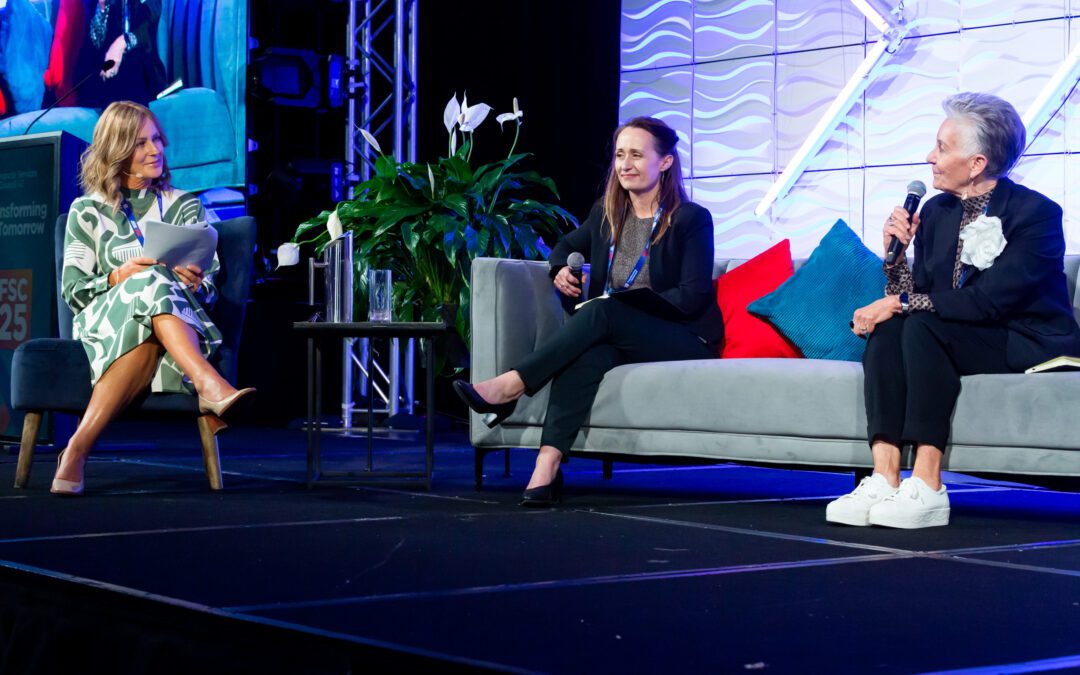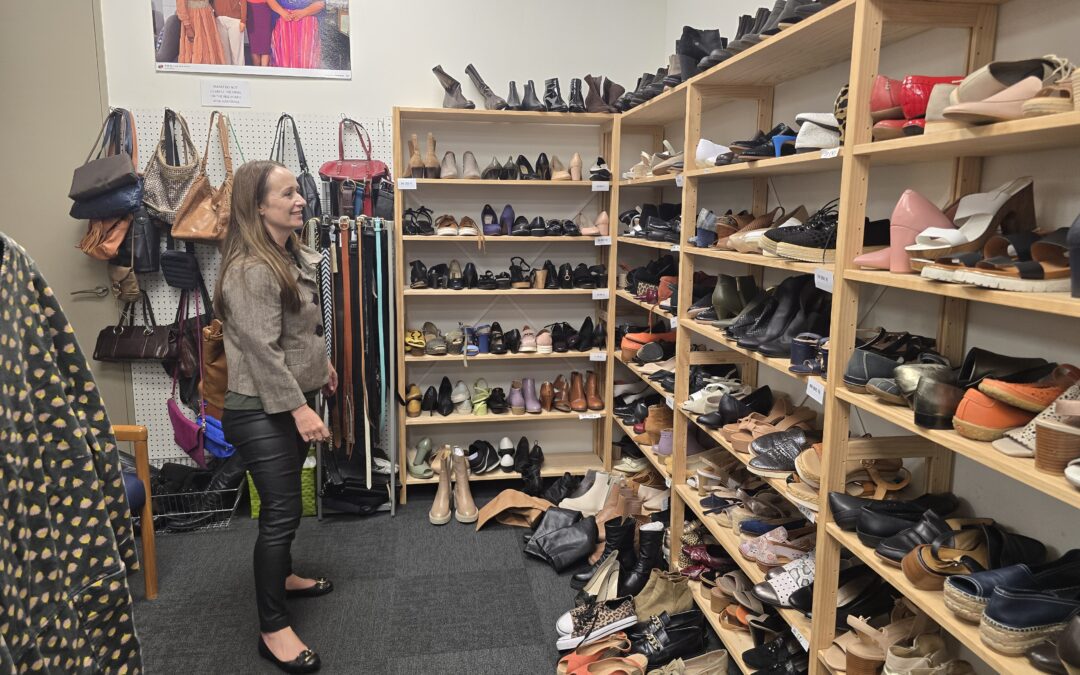Being single can sometimes cost you more.
You might be single by choice, by chance or patiently waiting to meet your person. This independence can be empowering, and a valuable time for growth and self-discovery. But there may be hidden costs quietly hindering your financial potential; costs that couples might not think twice about. This is the ‘singles tax’: the inability to share fixed costs and everyday expenses with another person.
The singles tax might look like paying full rent on a one-bedroom apartment that a couple would typically split. It can also be fixed utility costs, booking holidays, or groceries where taking advantage of cheaper bulk prices isn’t always practical for one person. Essentially, any missed savings opportunities or fixed costs couples usually share can be considered part of the singles tax.
The financial realities of going it alone may feel disheartening. But there are things you can do to strengthen your financial position to help you thrive in this situation – but adding ‘find a partner’ to your financial plan isn’t one of them. In this article we discuss what you can do to enjoy your time of independence without losing momentum towards your financial goals.
Get financially fit
Getting financially fit and secure is the first step to maintaining your independence while making meaningful progress. Financial fitness starts with getting to know your numbers; cash that’s coming in and cash that’s going out. Understanding your cash flow is paramount to any financial goal you’re setting out to achieve. It sets the tone for what’s to come next.
If there’s stubborn short-term debt to shift but you have more cash going out than in, then some behaviours might need to change to help generate a surplus. The same rings true for savings goals. No surplus, no progress.
To help with understanding your numbers, there are some great tools to track your transactions in real time. Check out the moneyfit.me tracker app here.
Have your plan B sorted
The buck stops at you when your plan doesn’t work. If you are the sole provider in your life, it’s best you protect it. Your ability to bolster a financial fall can make the difference between long-term success or stifled progress. There are a number of options you could look to and they don’t need to be overly complex or expensive.
Income protection, trauma or permanent disability coverage are some great options to help protect your cash flow if you lose your ability to earn income due to illness or injury. Understanding which option fits your situation best might feel overwhelming, and that’s where a qualified insurance adviser can step in. They can help you navigate your options and create a tailored protection plan and make the process of getting insurance seamless.
Your plan B doesn’t stop with insurances. Some unexpected costs might not be insurable so having emergency savings can help. We recommend maintaining a balance roughly equivalent to 3-6 months of your living costs to ensure an emergency expense doesn’t derail your progress.
Work on yourself
Invest in your personal and professional development. Self-improvement is an ongoing journey and there is always a new skill that can help you improve your efficiency, maintain job security or open opportunities for better pay and future promotions.
We caveat this one by saying earning more money isn’t necessarily the key to getting ahead, but it certainly helps. Many emphasise career progression as the pinnacle of financial success and tend to ‘put it all on red’ to ensure they’re first in line for the next advancement. Balance is key.
Go for the opportunities that arise but have a plan to capture the additional cash to put to better use rather than spending it. Don’t let lifestyle creep hinder your financial progress.
Build a good support network
We all work harder when we have a compelling reason to and someone to hold us accountable. Have someone in your court who will root for you to attain those goals. This could be friends and family or hiring an expert like a financial coach to hold you accountable.
Building a network means being honest and open about money – not only with others, but also with yourself. For decades, talking about money has been considered as rude or taboo. But the tides are changing and there are more people than ever who want to break away from the status quo and connect with a community who are achieving similar things.
The plus sides to getting ahead financially as a single
The singles tax just isn’t fun at times, but there are positives to being single when it comes to building financial independence:
- You get to steer the ship. You have control over your own destiny and where you get to go.
- You are light on your feet. When finances feel tight, as a worst case you can move in with a friend if you need to (which would be much harder to do with a partner in tow).
- You don’t have to compromise on time or lifestyle choices as it’s just you to consult on what you want to do.
- You can navigate curveballs with greater agility. You are more in control, as it’s only you to make the final call.
- When you invest in yourself, you become the best version of yourself, and you can build an amazing life.
If you want to harness the power of financial coaching and live your best single life, book a consultation with enable.me today and be the master of your financial future.
Disclaimer: This blog post is for informational purposes only and does not constitute individual financial advice. If you’re interested in receiving financial advice, you can book a consultation with an enable.me coach. Costs apply.


